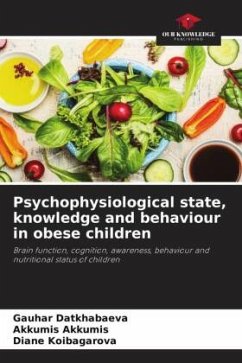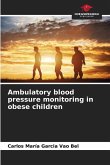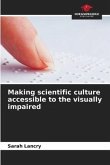The paper presents the results of the study performed with financial support of the Ministry of Education and Science of the Republic of Kazakhstan (research grant 2523/GF4-15-OT). Signs of suboptimal functional state of the fronto-thalamic system of the brain, reduction of excitability of the cerebral cortex and rates of functional maturation of the brain in obese children 9-10 years old have been revealed. Reduced performance of certain cognitive functions in obese children compared to children of a healthy weight was shown. A lower degree of awareness of nutrition and the harms of obesity was found in obese children. There is also a direct relationship between nutritional awareness and the harms of obesity and eating behaviour in children (the more aware show healthier behaviour), in their mothers, and the relationship between awareness and behaviour in children and their mothers. The paper discusses possible approaches to tackling childhood obesity in Kazakhstan. The resultsof the study can be used to develop strategies for the prevention and treatment of childhood obesity. The book is addressed to medical and school staff, medical students and all those interested.








